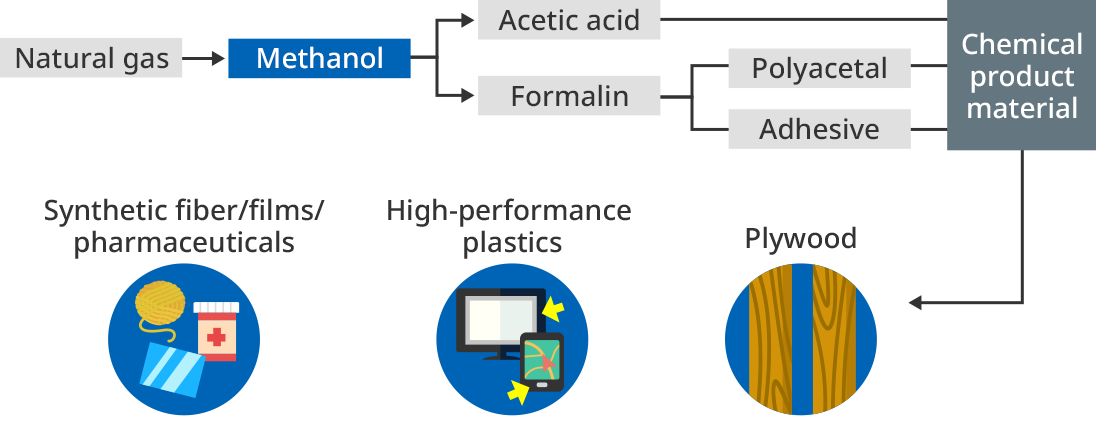ETH Zurich once more introduces another sustainable solution for the fuel industry. In cooperation with oil and gas company Total, they developed a method to efficiently convert carbon dioxide and hydrogen into methanol.
Previously, ETH Zurich researchers developed a carbon-neutral fuel made exclusively from sunlight and air.
How does it work?
To make an upscaling in a marketing standpoint, the chemical reaction that will generate methanol from carbon dioxide and hydrogen needs to be rapid and cost-friendly,
In the past, the researchers already discovered a chemical catalyst — one that speeds up the necessary chemical reaction for the conversion — indium oxide.
However, indium oxide is not enough: large amounts of it is needed to make it commercially viable. This is not ideal since acquiring large volumes of the catalyst will result in the price of methanol produced in this manner to shoot up.
From our partners:
The solution
The researchers discovered that inserting small quantities of palladium in the structure of indium oxide boosts the performance of this catalyst.
This method was found to be almost ready for commercial application. Total has set their eyes on scaling up this tech in the succeeding years.
Why methanol?
Methanol is easily convertible to different fuels, earning its reputation as a commodity chemical. Right now, the primary source of methanol are fossil fuels and natural gas, both of which contribute to the growing amount of carbon dioxide emissions in the world.
Aside from its versatility, it is also cleaner than traditional gasoline. Used as a fuel, less emissions are produced relative to when gasoline is used.
At the same time, it is a key component of a renewable form of fuel known as biodiesel, a cleaner, carbon-neutral alternative to traditional diesel fuel.
It also has a wide variety of applications. It can be used to aid in the creation of materials including plastics, fabrics, adhesives, and solvents.














